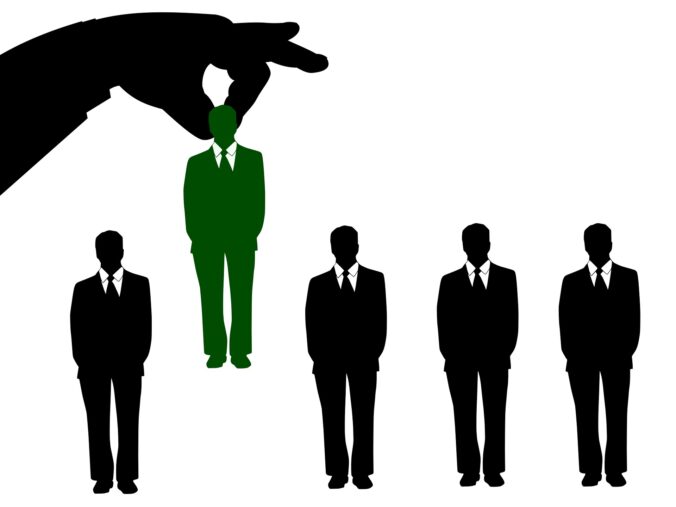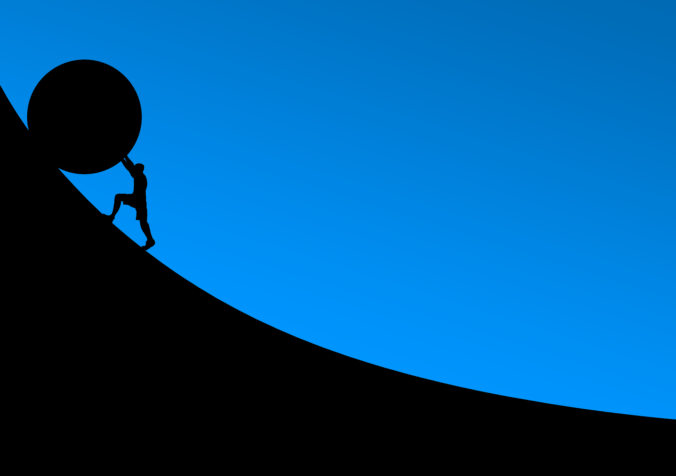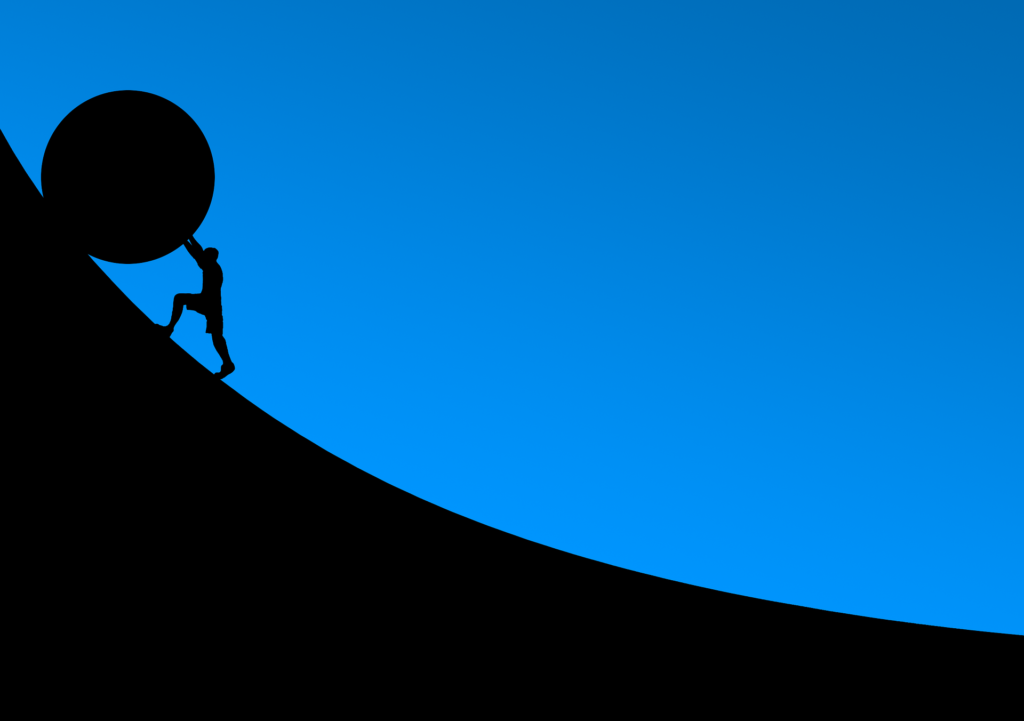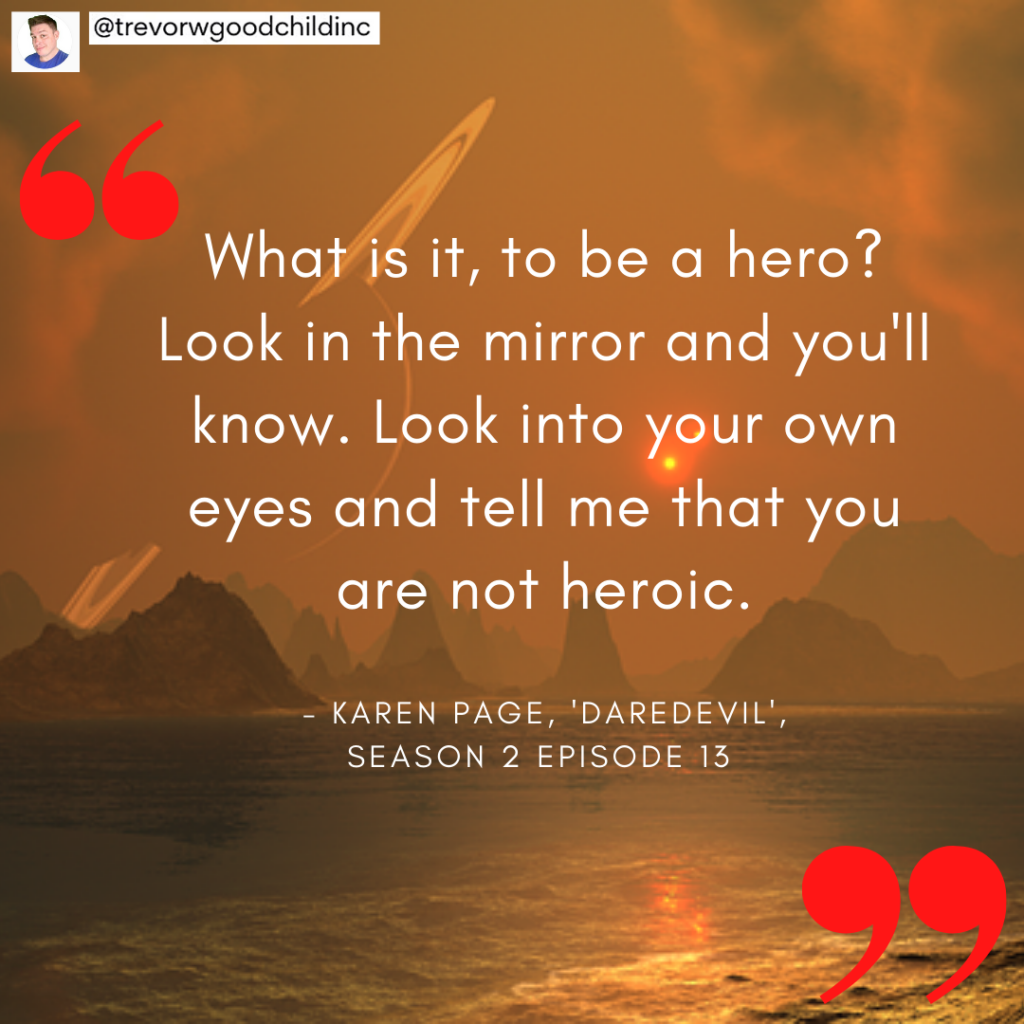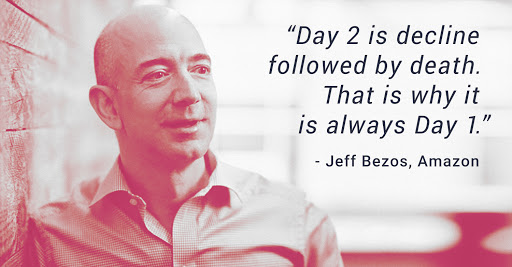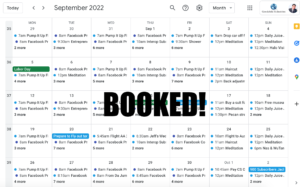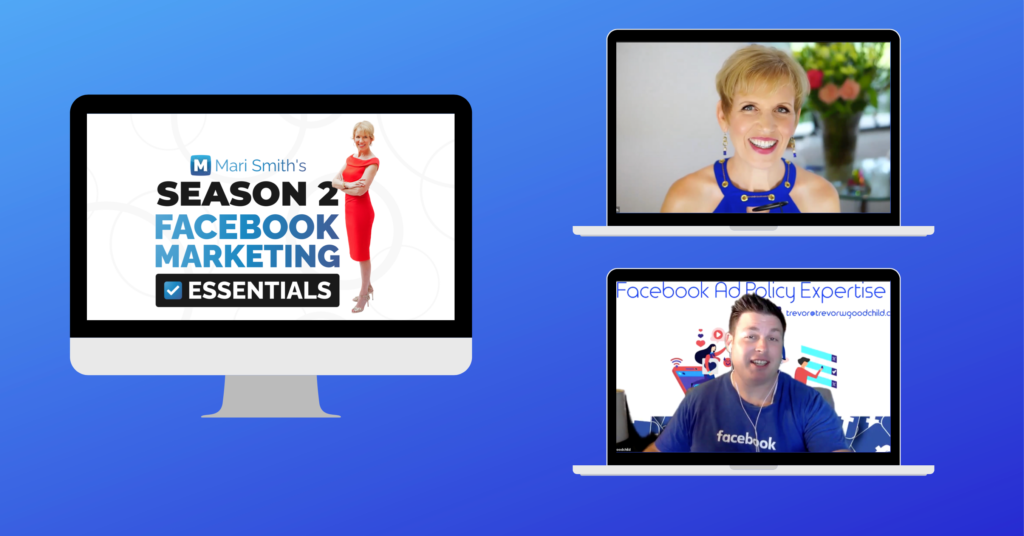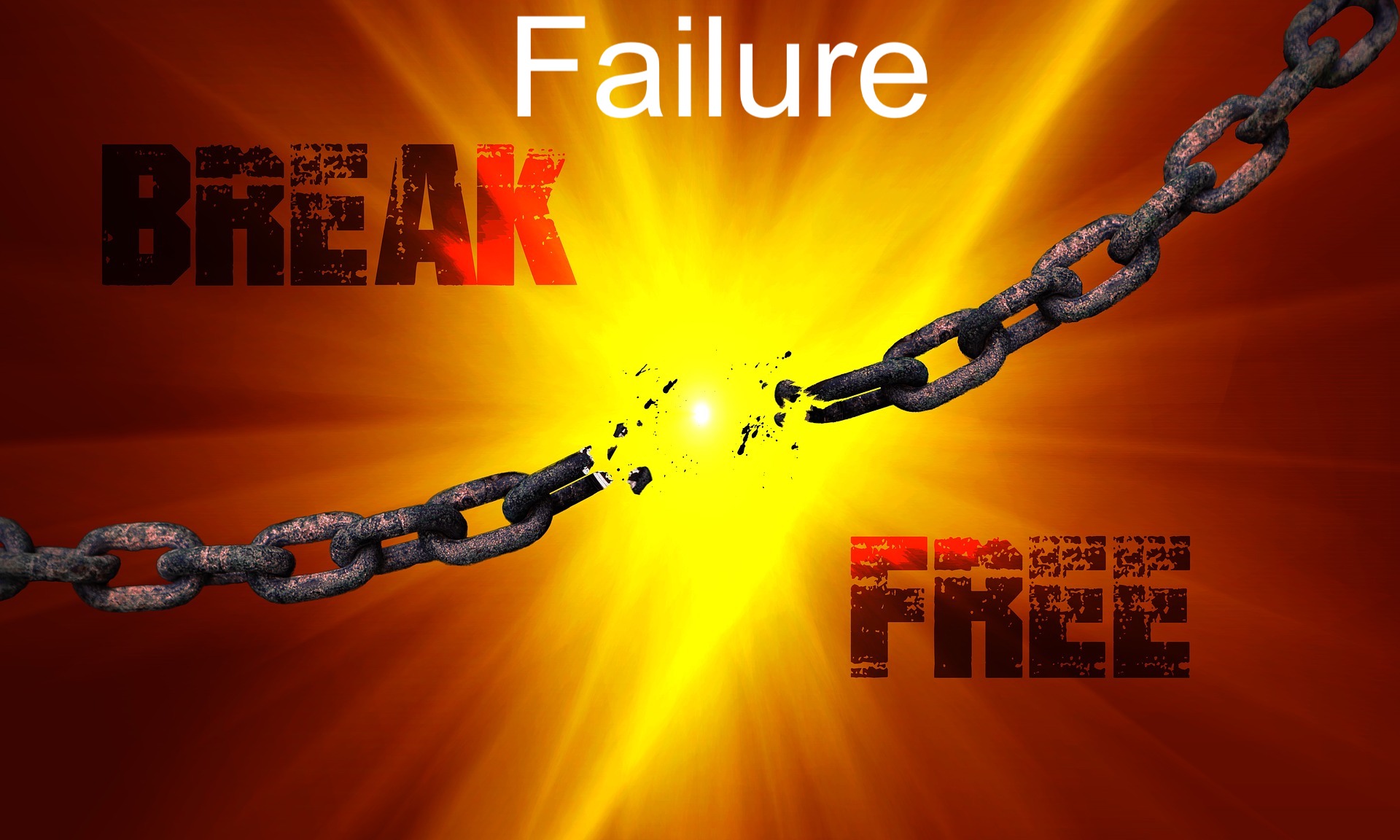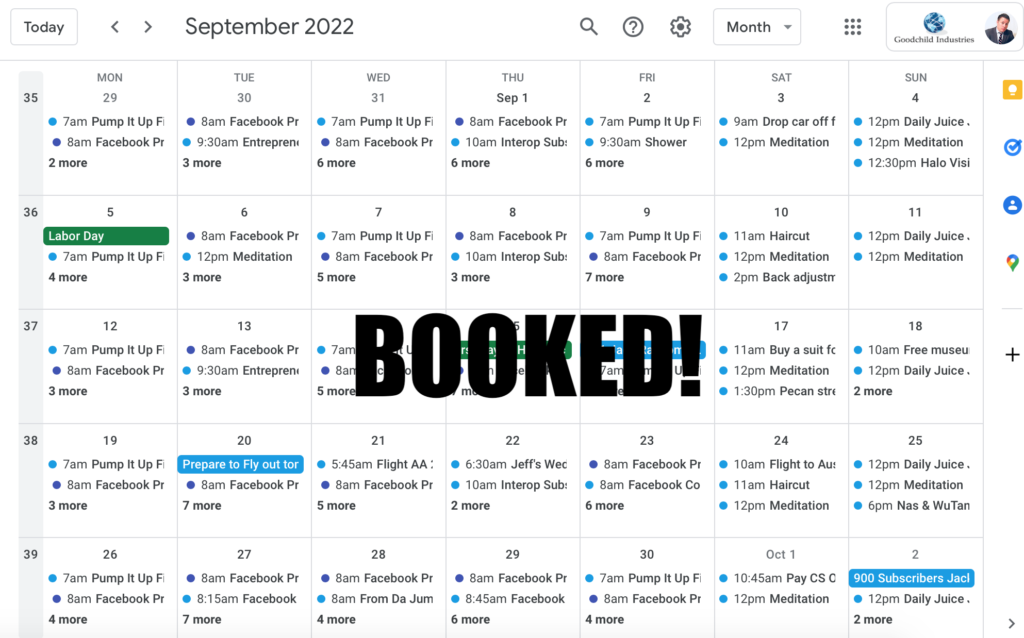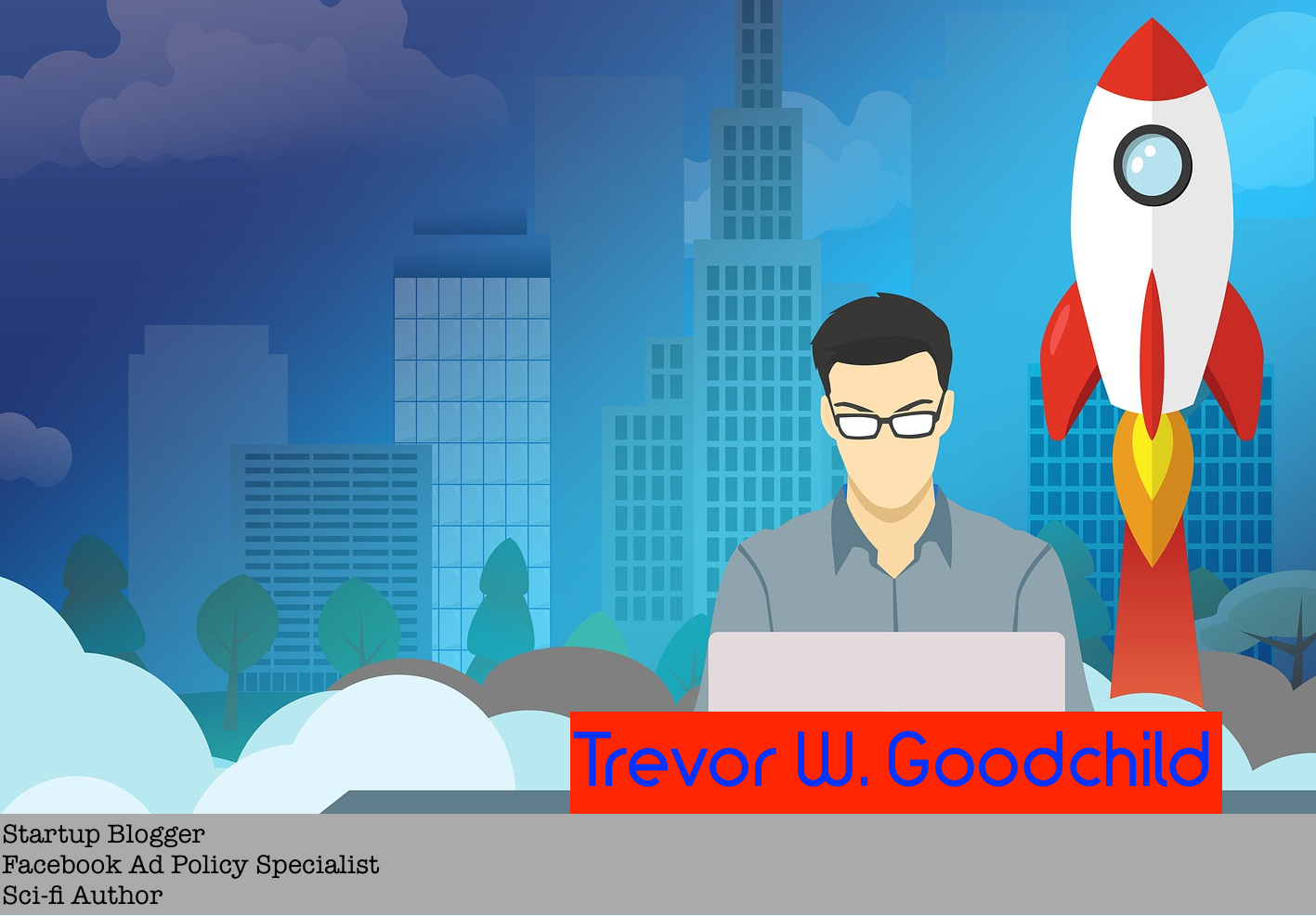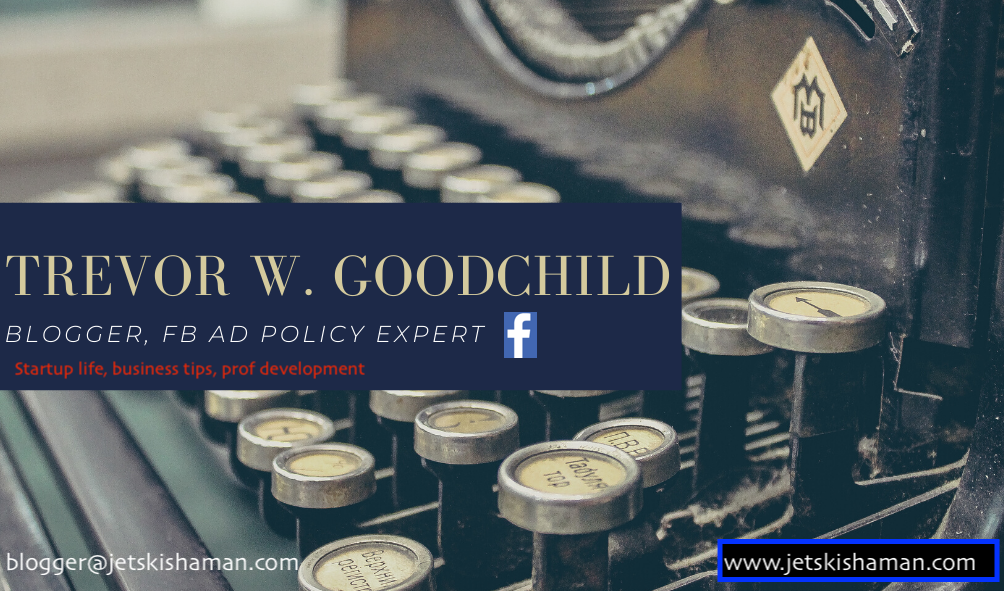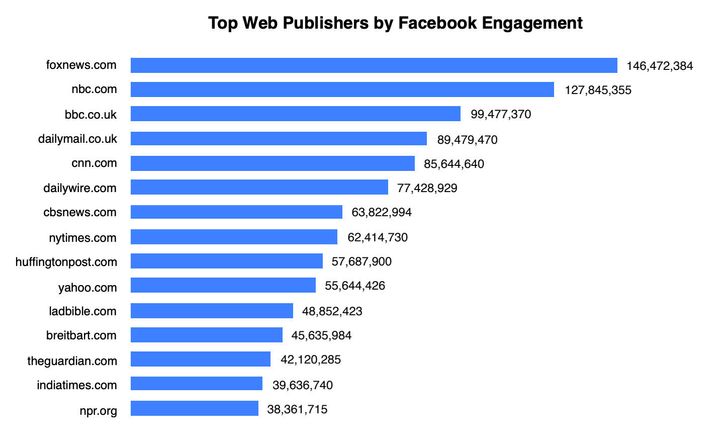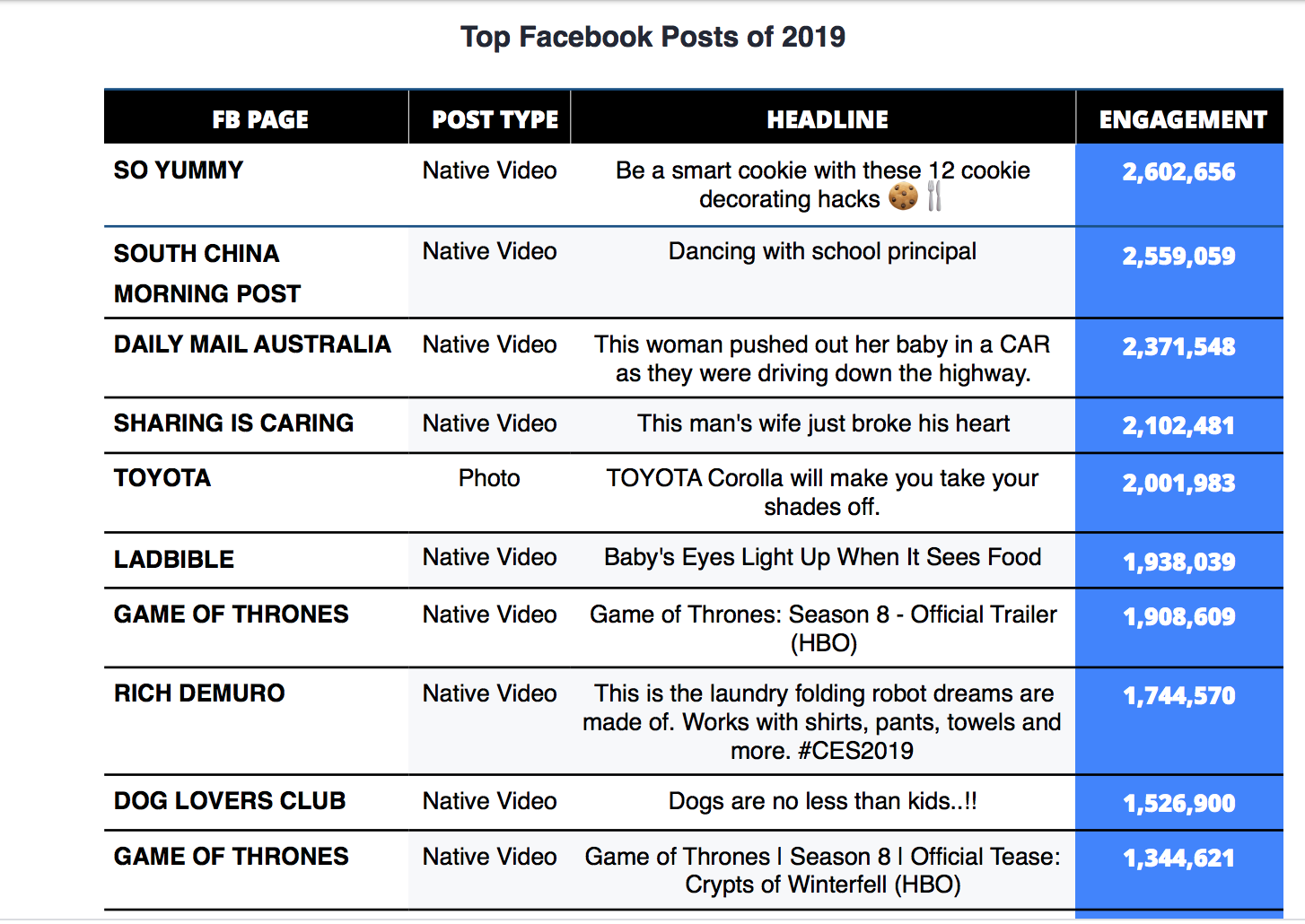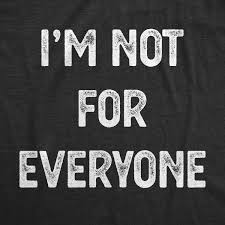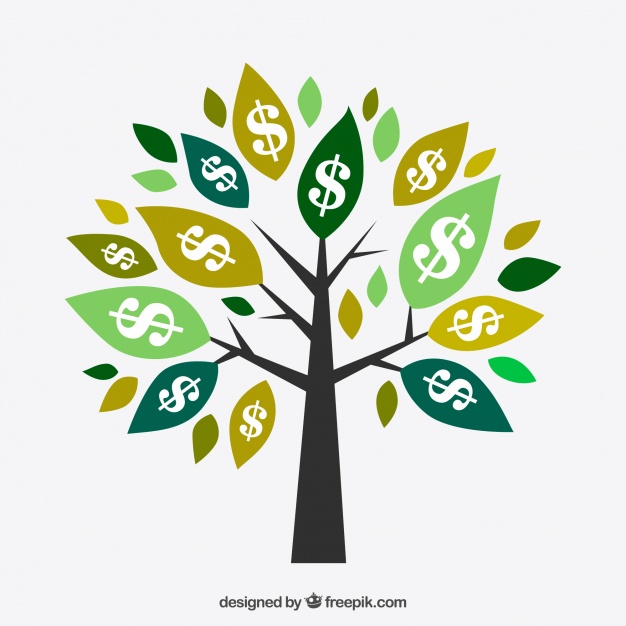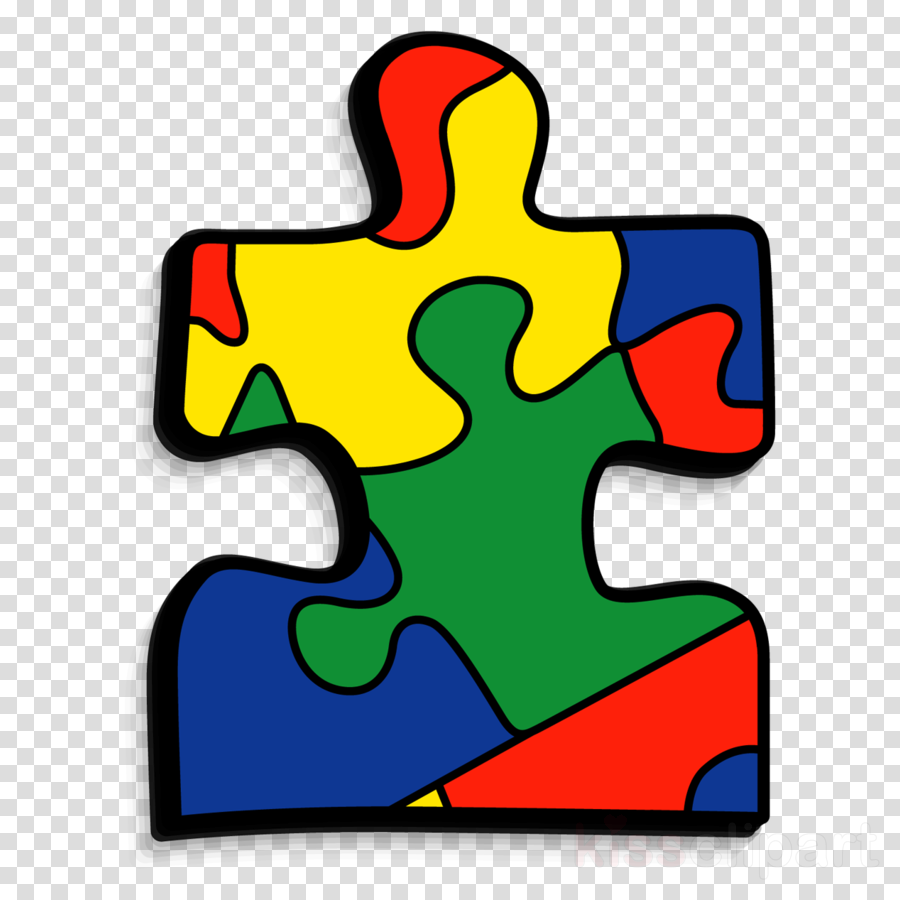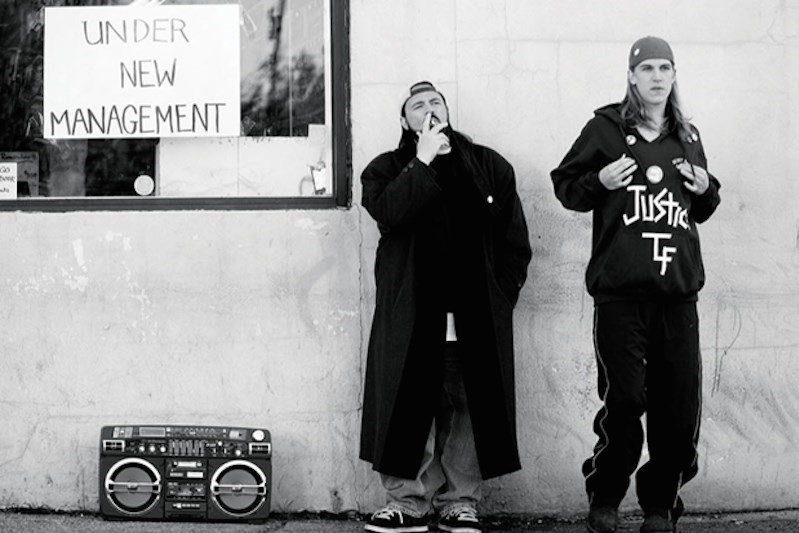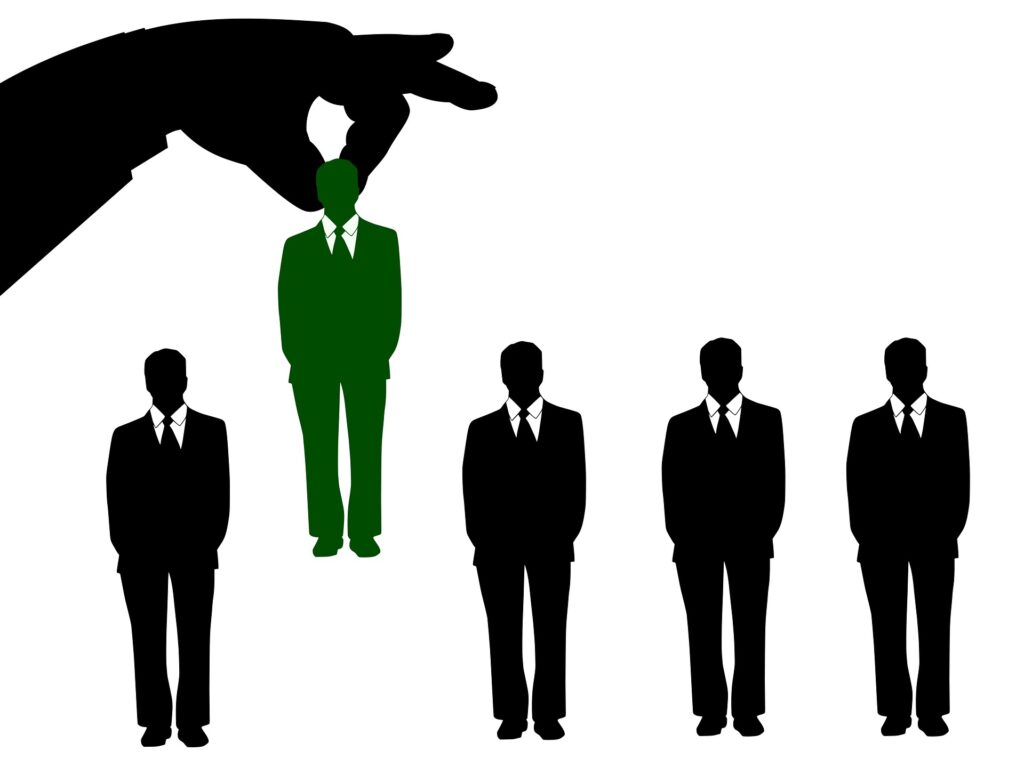
Do you ever wonder if who you hire actually loves the job you're hiring them to do?
I saw a presentation at a marketing conference that made some great points when it comes to work ethic. The presenter suggested that before you start asking applicants for their relevant skills and job experience, ask them:
"If you weren't doing this, what would you rather be doing instead?"
This will give you an indication if they hate the job you are hiring them for. If they do then...it's probably not a great fit.
(Be sure to read my blog How to not feel like an imposter here).
At A Glance
∎ Hiring Someone To Do A Job They Hate
∎ How To Think Differently
∎ Purpose Over Profit Highlight: Australian Kids & Renewable Energy
Passion For The Job
Why would you hire someone to write copy if they hate writing? We produce the best results when we are doing something we love to do. Or at least are interested in the activity.
Now, for those who aren't founders, this may not seem as relevant because you're saying, "Trevor, I'm not hiring anybody for anything!"
But stay with me here, because this is pretty revealing for the tasks we all do in our daily lives. If we are not motivated by a personal interest in what we do, the results we produce for ourselves won't be as great.
We are 100% responsible for the results we get. Because the results we get are a direct reflection of the effort we put into working on improving ourselves, our lives, and our financial position.
It's Bigger Than Just Working Hard
Working hard doesn't mean we automatically get results because you can still be lazy while working hard.
It sounds like a contradiction but it isn't - if you work hard out of habit it's easier to keep doing the same thing than get uncomfortable, thinking outside the box to solve problems you're so used to having you've stopped trying new ways to solve them that are smarter, better and more effective.
If you are not happy with the results you are getting it's because you haven't broken mental and emotional habits that keep you on that hamster wheel and Groundhog's Day.
It is 100% your responsibility to think differently.
The speaker went on to discuss hiring C-Suite execs, operations managers, and Executive Assistants (EAs). He emphasized the importance of building a strong team that can run your business without your constant input.
I liked that idea. I'm not at the level in my business where I can take a month off from working and let my team do everything but the concept is appealing. The next thing the presenter said really caught my attention.
The topic was hiring a chief operating officer, and higher up positions like operations management. These are high paying positions.
He said, "Don't discuss salary when you're hiring. Instead, find out what they're driven by, and discover a shared purpose. They might already have money but want another need to be fulfilled. Negotiate based on sense of purpose."
That makes sense. I'd be happier working on something I cared about. He went on to say:
"Once you're both on the same page on purpose, they'll be driven to help your business level up more than just profit can motivate. If they share the same sense of purpose for your business, then they'll be thinking up ways to improve your company while they're in the shower."
I can relate to this. Working on my first science-fiction novel, sometimes I'll try to go to sleep but have new action scenes running through my head I have to jot down.
Having someone on your team that has their own motivation for helping you succeed - I like that. You may have heard me before comment on how so many jobs place people in roles they aren't fit for, ignoring employees natural aptitude, and just try to fill seats. It's what most 9-5 jobs are like.
Finding out what people are good at and what they're passionate about (there will be some overlap) and putting them in job roles that match that? Definitely a Win-Win.
We wear a dozen hats as the founder of our business. I know I feel like I have a million things to do sometimes and not enough time to do them all.
In these moments it can be helpful to take a step back and ask,
"What do I enjoy doing?"
This will help you find out if this task is right for you or not. If you don't enjoy doing something in your business - outsource that to people who love doing that and focus on getting great at what you're already good at.
It's a good reminder to ask ourselves how much of what we do in business shares our sense of purpose? And to realign our actions to doing what's meaningful to us.
Purpose Over Profit Highlight
In Tasmania, Australian high school students are bicycling to generate power for their schools, gaining sustainability awareness and making donuts! It takes about 600 watts to cook a doughnut, or if you attend Huonville High School a brisk 20-minute ride on the school's energy bikes.
Huonville High School created Zayed Huon Energy Hub which teaches students about renewable energy with hands on activities like generating electricity with bicycles to make donuts.
I can't imagine how much they'd have to cycle to make all the Christmas treats eaten this year lol.
With the most recent climate change report, reporting a "code red for humanity", young people are worried about their future.
And in a world where adults make the decisions, student Aisha Fisher said the energy hub is giving her a sense of purpose and impact.
"Being part of Zayed has definitely helped me feel like I'm doing something. I'm making a change, and that has reassured me," she said.
Ms. Fisher is level-headed when it comes to the challenge of climate change.
"Running from climate change as a young person doesn't help," she said.
"The best thing you can do is to look at it from an optimistic, realistic point of view, and see what you can do on your small scale."
[Read the full article here].
What good news is in your life right now?
Comment below!
Check out my hip hop podcast, From Da Jump
Interested in learning more about Entrepreneurs That Make A Difference? Go here.
Every other Tuesday on Clubhouse 10am-12pm CST I host a Startup Club Room called Entrepreneurs That Make A Difference - follow me @fbpolicypro to get find out more.
The next room is Dec 14th.

Facebook disapprove your ad and won't tell you why?
Schedule a time to talk to me, a Facebook ad policy expert who worked at Facebook here.
Want to check out my science-fiction novel, Zero Point Horizon? Visit my website:
www.trevorwgoodchild.com
Enjoyed this blog? Signup here to get updates on new startup blogs.
. . .


